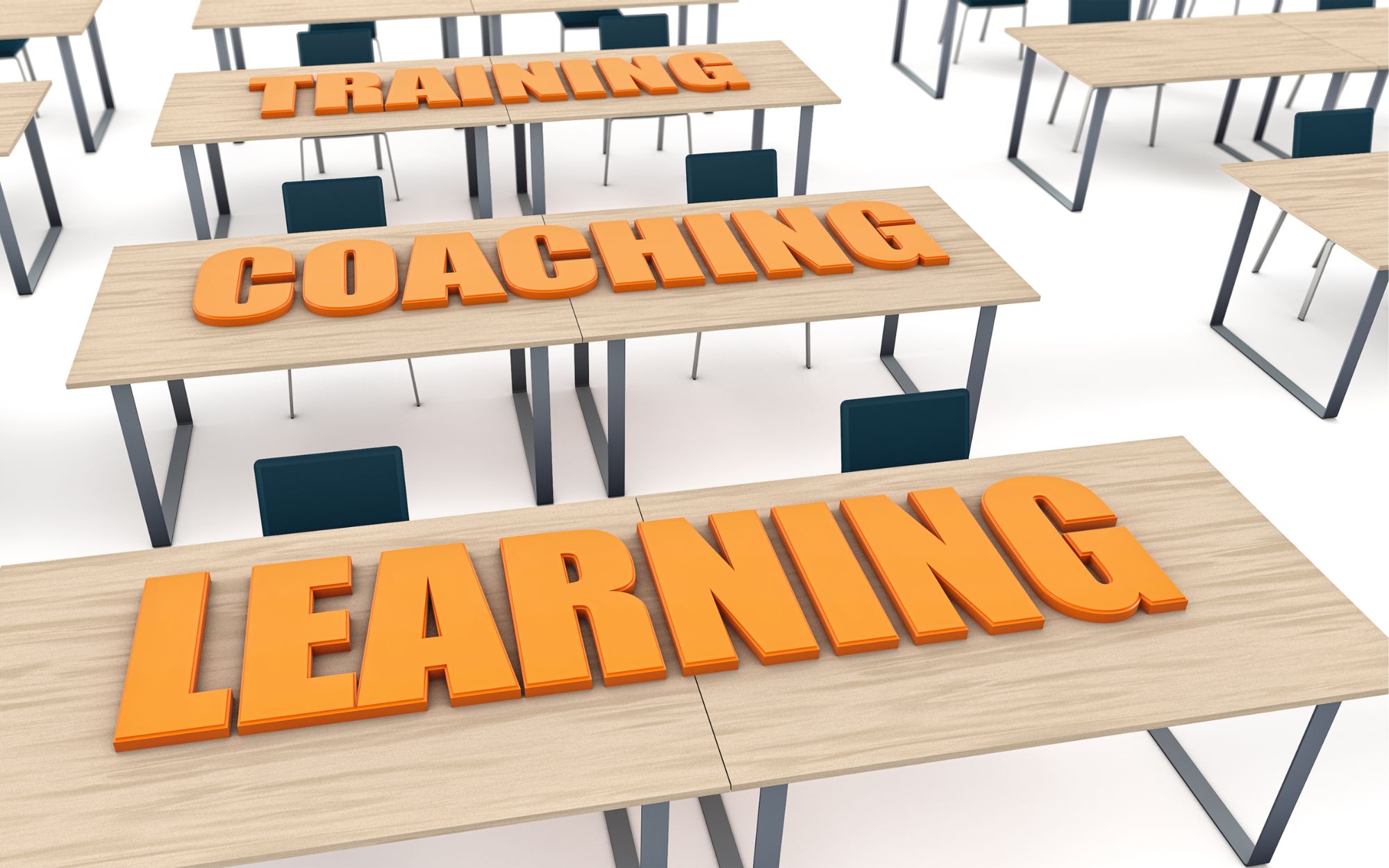Our “Blueprint to Scale” has taken us through crucial stages, from strategic analysis and planning to robust recruitment. Now, to truly build a high-performing sales machine, we must delve deeper into the core of individual sales effectiveness: Assessing Mindset and Developing Solid Sales Skills.
While these have always been central to human development, Artificial Intelligence (AI) is now introducing powerful new capabilities.
For the first time, sales leaders can cultivate psychological resilience and sharpen skill sets with precision and personalization that were previously impossible.
The Power of Mindset
In sales, “mind over matter” isn’t just a saying – it’s a measurable truth. Objective Management Group (OMG), having evaluated more than two million salespeople worldwide, has found that 80% of a salesperson’s success is attributed to mindset. Skills alone aren’t enough; without the right mental framework, even the best training can fall flat.
The ‘Will to Sell’
This fundamental drive is composed of four key traits:
- Desire – a strong aspiration to succeed.
- Commitment – unconditional dedication to hitting targets.
- Responsibility – taking ownership of activities and outcomes.
- Outlook – a positive perspective that can handle rejection and setbacks.
Objective Management Group’s evaluation of over 2 million salespeople worldwide shows that missing even one of these traits can dramatically reduce sales effectiveness.
Psychological Barriers
Beyond these core drivers, many salespeople carry what OMG calls “human handbrakes” – psychological barriers that can quietly sabotage results.
For example, a high Need for Approval can reduce closing rates by up to 33%, while a Buy-Cycle Weakness – where the salesperson empathizes too much with the customer’s slower buying process – can impact closing rates by 50%.
Other common barriers include self-limiting beliefs, uncontrolled emotion, and discomfort discussing money.

How AI Supports Mindset Development
While mindset development is deeply human, AI can provide crucial support:
- Data-Driven Mindset Insights: AI tools can analyze patterns in communication (e.g., from transcribed call recordings or CRM notes) to potentially identify language or behavioral cues associated with specific mindset traits or psychological barriers. This can offer managers data points to supplement traditional assessments and pinpoint areas for focused coaching.
- Personalized Coaching Recommendations: Based on AI-derived insights from performance data and communication analysis, sales platforms can suggest tailored coaching interventions or training modules for managers to help individual reps address specific mindset weaknesses. This moves beyond a one-size-fits-all approach to mindset development.
- Early Identification of Challenges: AI can help managers proactively identify when a salesperson’s mindset might be impacting performance (e.g., through declining activity correlating with identified psychological weaknesses), allowing for timely intervention before issues escalate.
Developing Solid Sales Skills with AI
Even the strongest mindset will falter without the skills to match. Yet, research consistently shows that much traditional sales training fails – 85–90% of it has no lasting impact, and up to 90% of newly learned skills are lost within weeks without reinforcement.
Common problem areas include generating meetings with target prospects, maintaining and growing accounts, negotiating to protect margins, and conducting consultative sales conversations that encourage prospects to self-close. These gaps persist not because training doesn’t exist, but because it’s often generic, disconnected from the company’s sales process, and not embedded into daily routines.
The blueprint for effective skill development starts with identifying specific gaps – ideally using objective tools such as OMG’s sales assessments – then designing training that is directly relevant to the salesperson’s role and process.
Consistency matters; training as a team helps embed best practices, while ongoing coaching ensures behavior change. A blended learning model, where 10% is formal training, 20% is coaching, and 70% is on-the-job application, has proven most effective in driving lasting change.

AI as a Skills Accelerator
AI is bringing a level of precision and personalization to skill development that human-only training rarely achieves. By analyzing CRM data, performance metrics, and even conversation patterns, AI can identify exactly where a salesperson is struggling – whether it’s failing to dig deep enough in discovery, mishandling objections, or rushing the close. From there, it can recommend targeted learning content, tailored to the individual.
Some AI platforms, like SalesStar’s SARA (coming soon), now offer realistic, interactive role-play environments, where reps can rehearse complex negotiations or consultative questioning with instant feedback and coaching notes.
Others deliver micro-learning modules directly to a salesperson’s inbox or app, timed to coincide with a deal stage where that skill is most needed. This “just-in-time” learning keeps skills sharp without overwhelming the learner.
The Measurable Impact of AI on Sales Performance
The benefits of integrating AI into sales development are not hypothetical. Research shows that AI-powered sales automation can boost deal closures by up to 30% and productivity by 20%. Predictive analytics can increase sales performance by 25% and improve forecast accuracy by 50%.
Adoption is accelerating quickly – by 2026, 75% of B2B companies are expected to embed AI into their sales playbooks, and today’s high performers are already twice as likely to use AI tools compared to their peers. Boston Consulting Group even projects that AI could deliver up to a 1.8× improvement in margins through better revenue generation and operational efficiency.
Conclusion
Mindset and skill development (Steps 7 & 8) are cornerstones of SalesStar’s Blueprint to Scale.
By strategically integrating AI, sales organizations can move beyond traditional, often ineffective, methods. AI empowers leaders to gain deeper insights into the psychological drivers of their team, provide hyper-personalized skill development, and create dynamic learning environments.
This human-AI partnership ultimately refines individual capabilities, transforming every salesperson into a true superstar and accelerating your journey toward predictable, profitable growth.

